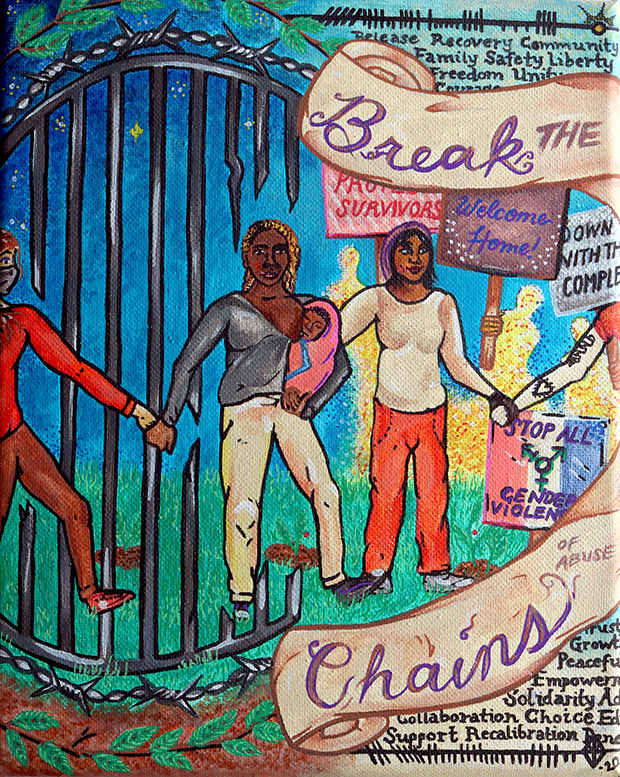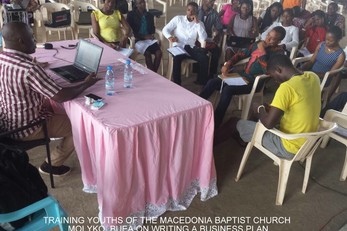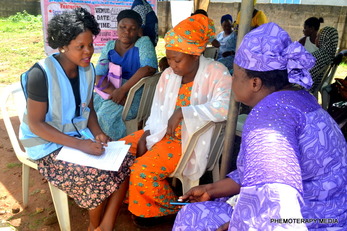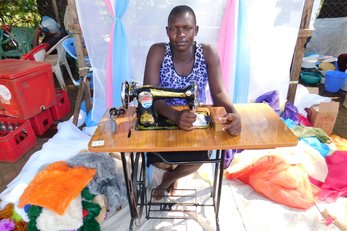Moringa Women Project
Project Launch: 12-28-18
Extreme poverty is pervasive in the rural community of Maganga. The relationship between poverty and gender is straightforward with women suffering more poverty than men. Such suffering results in high rates of malnutrition among children under 5 years of age and intergenerational poverty. Low literacy levels among the women pose challenges in exploring other economic endeavors apart informal financial services like village savings and loans.
Moringa oliefera came as an accidental weapon to fight malnutrition and reduce poverty. The tree is drought-resistant and grows in abundance with little or no care. However, its nutritional and economic value are underexploited. This project seeks to empower local women village saving and loans groups to produce and locally process moringa to confront malnutrition and economic vulnerability.
Project Update: 4-30-19
In the first four months of the project, the group has planted 150 Moringa trees in the communal garden and produced 100 sample bottles of Moringa powder, with 90 bottles sold at K1300 each. Furthermore, the participants have produced 67kg dried Moringa leaves which have been sold to the community. Seed Oil Extractors have been procured and will be used by the participants in oil production. The project has led to increased Moringa household planting and utilization which will likely improve the nutritional status of members.
Final Report: 1-31-20
One year after launching the $3,306.67 Moringa Women Project, World Connect’s Global Health Corps alumni, Noriah Katungwe, has trained 54 women from Traditional Authority Maganga in Salima District in moringa processing into powder and soap. Using the skills acquired, the women have managed to process over 1,500 kilograms of moringa powder and packaged it into bottles which have been sold, generating $2,000 in the process. The leaves were dried using the greenhouse drying unit erected to maintain nutritional value of the product. 80% of the income was shared in December allowing women to access farm inputs such as fertiliser and seed to boost food security in their households. The project also saw over 70 community members gaining income through supplying moringa leaves to the group. Over the course of implementation, the group members have planted 1,000 moringa trees to increase sources of raw materials. Over and above, the project has created increased awareness of the need to plant and use moringa on day to day basis, a thing which will reduce malnourishment especially among children while at the same time increase income levels as the factory grows. Based on its success, the project won $12,500 “Total start-upper of the year” challenge which is currently being used to construct the factory and buy moringa tea bags processing machine to start creating standards approved products that can appeal to the market more.
Explore other Projects




.jpg)






